Kona is renowned for its rich Paniolo (Hawaiian cowboy) heritage, a unique blend of traditional Hawaiian culture and Western ranching practices. This cultural tapestry began in the early 19th century, with the introduction of cattle and Mexican cowboys, known as vaqueros, by King Kamehameha III. Over time, this fusion has evolved into a distinct rodeo culture, merging traditional Paniolo techniques with modern rodeo elements. This post dives into the historical roots, lifestyle, and contemporary evolution of Kona’s rodeo culture, celebrating its enduring spirit and ongoing transformation.
Historical Beginnings of Paniolo Culture
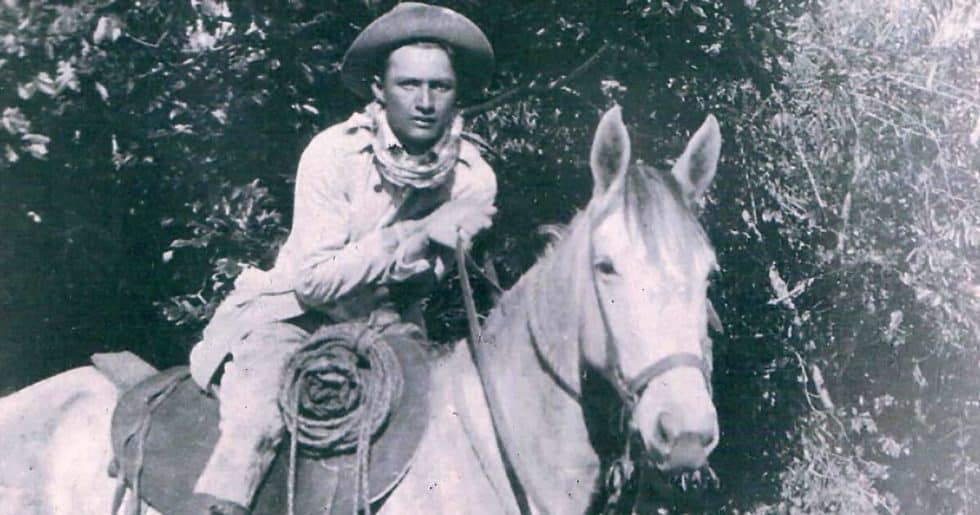
The Paniolo culture in Kona can trace its roots back to the early 1800s when the first cattle arrived on the Hawaiian shores. Gifted to King Kamehameha I by British Captain George Vancouver, these cattle multiplied rapidly, necessitating the skills of experienced ranchers. This led to the arrival of Mexican vaqueros, who introduced the Hawaiians to livestock handling and ranching techniques. Their influence was profound, laying the foundation for the unique Paniolo culture.
King Kamehameha III, recognizing the potential of these skills, encouraged the growth of cattle ranching across the islands. This initiative sparked the birth of a distinctive Hawaiian cowboy culture, blending vaquero techniques with local traditions. The early Paniolo were not just ranchers but also stewards of the land, deeply intertwined with their environment. Their legacy is a testament to the adaptive and resilient spirit of the Hawaiian people, setting the stage for the rodeo practices seen in Kona today.
The Paniolo Lifestyle and Techniques
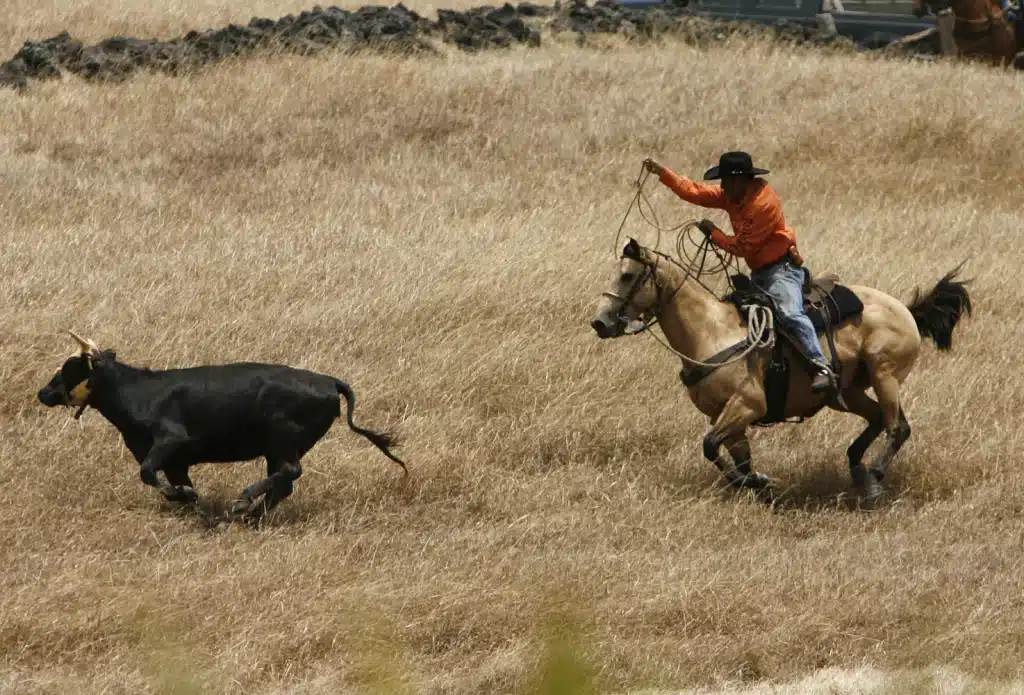
The Paniolo lifestyle was a blend of hard work, skill, and deep respect for the land and animals. Typical days involved herding cattle across the rugged terrains of Hawaii, requiring exceptional horsemanship and roping skills. The Paniolo developed their unique riding style, distinct from their American counterparts, adapted to the diverse landscapes of the Hawaiian Islands. They were also adept at crafting their own equipment, from saddles to lariats, tailored to their specific needs.
Traditional Paniolo attire was both practical and symbolic, featuring wide-brimmed hats, leis, and brightly colored shirts. This attire reflected their dual heritage, combining elements of Hawaiian culture with influences from the vaqueros. Their techniques and attire were not just for show but were integral to their identity and effectiveness as cowboys. The legacy of these early Paniolo lives on, influencing modern rodeo practices and serving as a cultural icon in Kona.
Rodeo Evolution in Kona
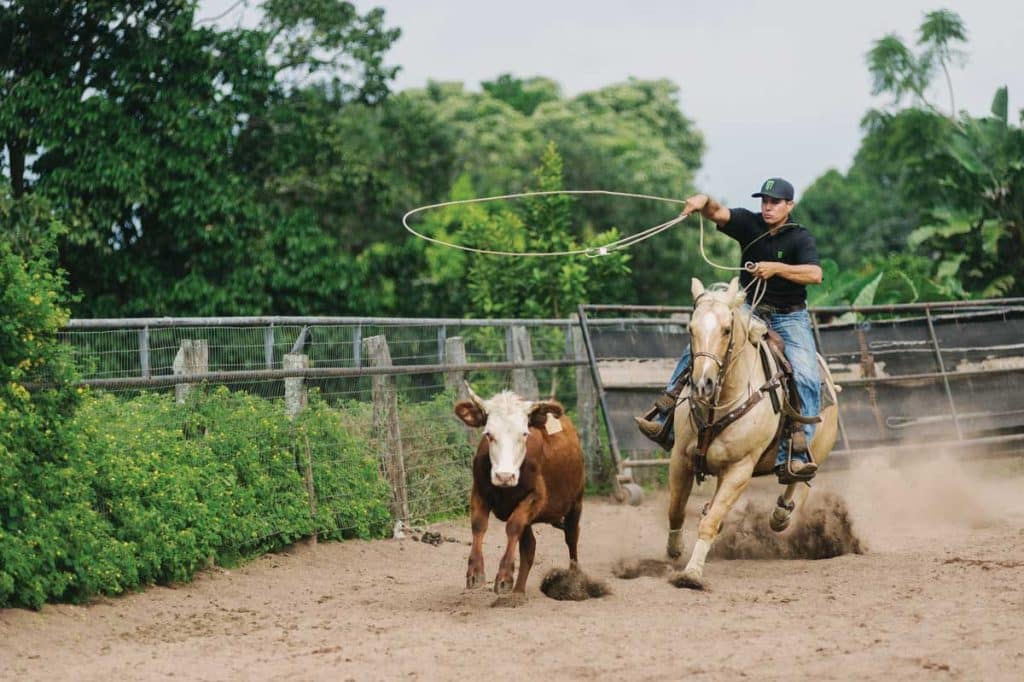
Rodeo in Kona began as informal gatherings where Paniolo showcased their skills. These events gradually evolved into organized competitions, influenced by the introduction of American rodeo elements in the early 20th century. The fusion of traditional Paniolo techniques with the competitive structure of American rodeo created a unique spectacle, deeply rooted in local culture yet exciting and new.
Today, Kona’s rodeos are a vibrant mix of traditional Paniolo skills and contemporary rodeo events. They feature classic competitions like calf roping and bull riding alongside unique events that pay homage to the Paniolo heritage. These rodeos are not just sporting events but cultural celebrations, drawing participants and spectators from across Hawaii and beyond. They serve as a living museum of Kona’s ranching history, showcasing the evolution of rodeo from its humble Paniolo beginnings to its current status as a popular and competitive sport.
Modern-Day Paniolo and Cowboy Fusion
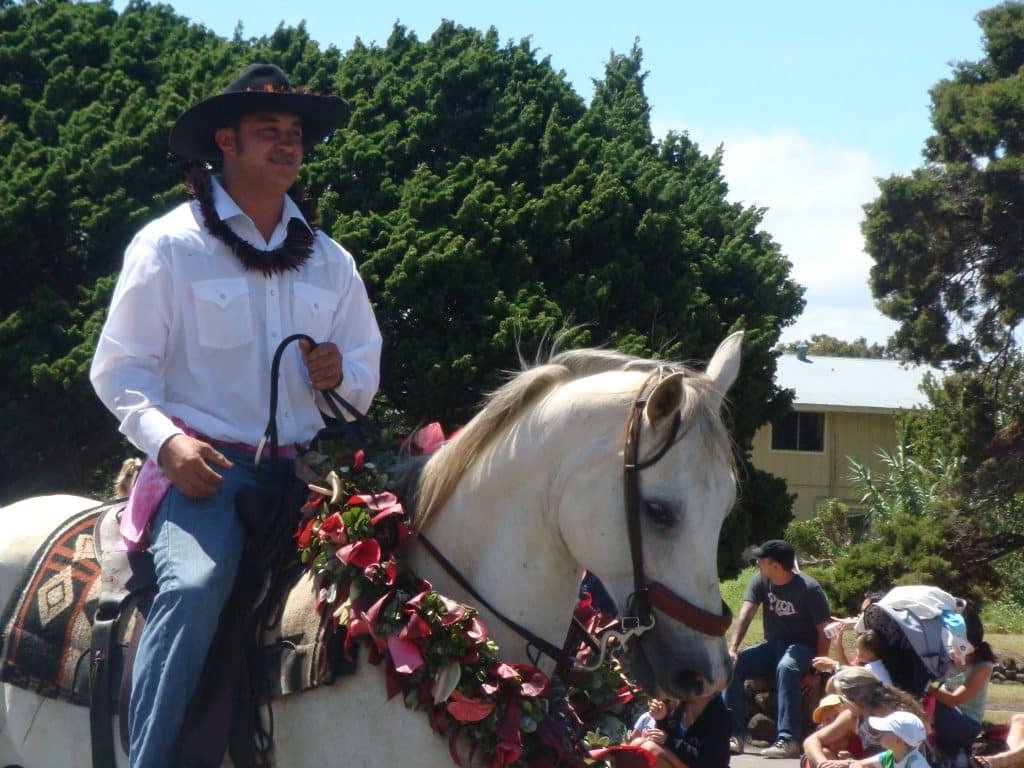
The modern-day Paniolo in Kona embodies a unique fusion of traditional Hawaiian cowboy culture and contemporary Western practices. This blend is evident in the way today’s Paniolo approaches rodeo – respecting the old ways while embracing new techniques and technology. They maintain the core values of their ancestors, such as a deep connection with the land and animals, while incorporating modern equipment and methods.
This fusion is also seen in the community’s perception of rodeo. Traditionalists and modernists alike find common ground in their love for the sport and its cultural significance. While some purists advocate for preserving the old ways, most acknowledge the benefits of modernization, such as improved safety and wider appeal. This dynamic balance between tradition and innovation is what keeps Kona’s rodeo culture vibrant and relevant, ensuring its continued popularity and evolution in the 21st century.
Rodeo Competitions and Events
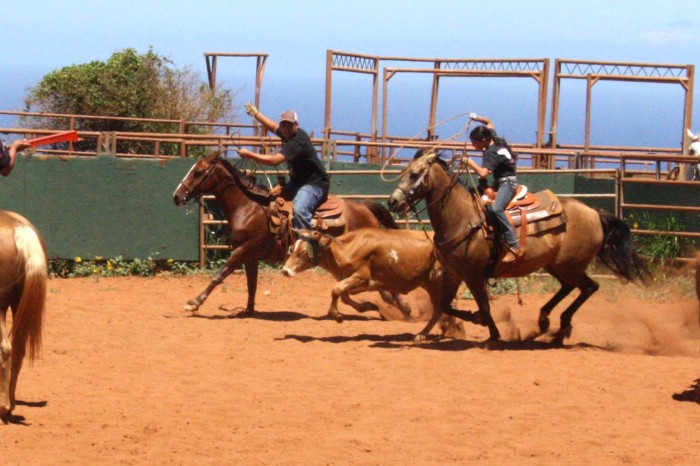
Kona’s rodeo calendar is dotted with a variety of competitions and events that draw participants and audiences from all over. These events range from local community rodeos to larger, more competitive gatherings. Central to these events are competitions like barrel racing, team roping, and bull riding, which test the skill and bravery of the cowboys and cowgirls. Each event is steeped in tradition yet vibrantly modern, offering a thrilling experience for both competitors and spectators.
The annual Kona Stampede, for instance, is a highlight of the rodeo season, showcasing the best of Paniolo skills. This event is not just about competition; it’s a celebration of community and heritage. Local food, music, and craft stalls line the arena, creating a festival atmosphere. These events serve as a focal point for the community, strengthening bonds and keeping the spirit of the Paniolo alive in the hearts of young and old.
Cultural Impact and Community Involvement
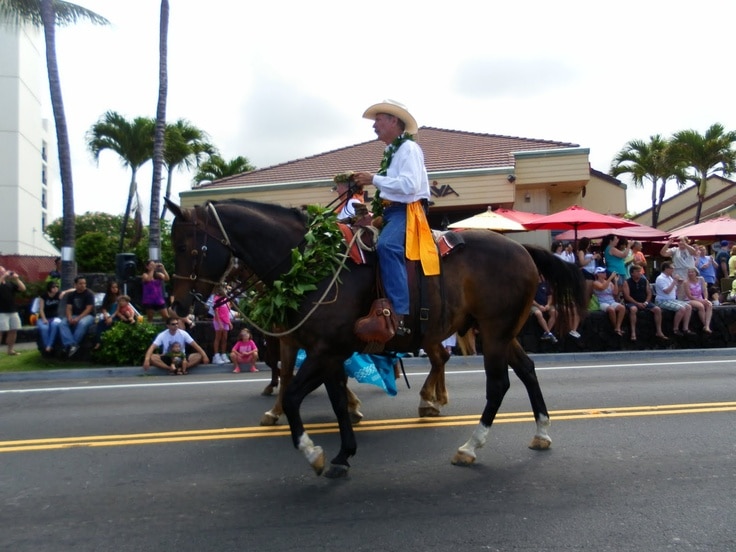
Rodeo in Kona is more than a sport; it’s a cultural cornerstone that reinforces the community’s connection to its Paniolo heritage. These events serve as educational platforms where the history and techniques of the Paniolo are passed down to younger generations. Schools and community groups often participate, ensuring that the traditions and stories of the Paniolo are not lost. This cultural transmission is vital in keeping the spirit of the Paniolo relevant and alive in modern Hawaiian society.
Community involvement extends beyond just participation. Local businesses and organizations often sponsor events, demonstrating a collective commitment to preserving this unique aspect of Kona’s heritage. Rodeos also contribute to the local economy, attracting tourists and promoting regional products. This blend of cultural preservation, education, and economic benefit highlights the integral role rodeo plays in the fabric of Kona’s community life.
Challenges and Future of Rodeo in Kona
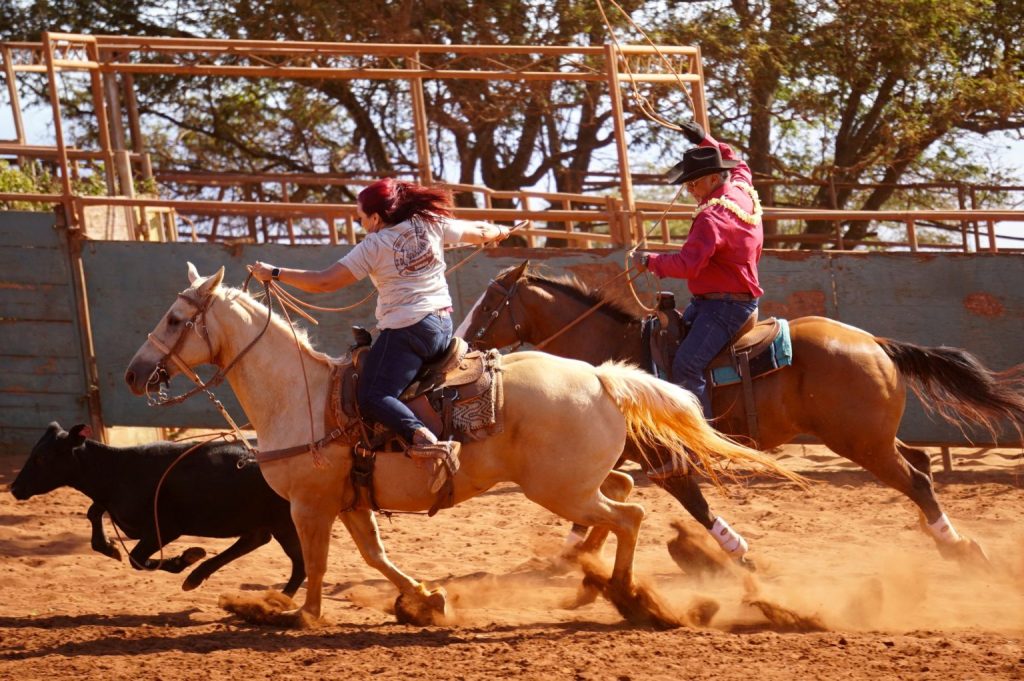
Despite its rich history and community support, Kona’s rodeo culture faces several contemporary challenges. Issues such as land availability for grazing and events, animal welfare concerns, and the need for economic sustainability are at the forefront. Balancing traditional practices with modern regulations and societal expectations is a delicate task, requiring thoughtful innovation and adaptation.
Looking to the future, there is a sense of cautious optimism among the rodeo community in Kona. Efforts are being made to address these challenges, such as adopting sustainable practices and promoting animal welfare. There is a strong desire to keep the rodeo culture surviving and thriving. Initiatives to engage the youth and incorporate rodeo education in schools are underway, ensuring the next generation carries the torch. The future of rodeo in Kona hinges on this ability to honor its past while navigating the demands of the present and hopes for the future.
Discover Kona’s Rodeo Heritage
As you’ve journeyed through the rich tapestry of Kona’s rodeo culture, from its Paniolo roots to its vibrant present, it’s clear that this unique blend of tradition and modernity is a living testament to the area’s resilience and adaptability. The spirit of the Paniolo, embedded in every rodeo event, continues to captivate and inspire. You are invited to immerse yourself in this extraordinary culture, witness the thrilling rodeo events, and be part of Kona’s ongoing story.
